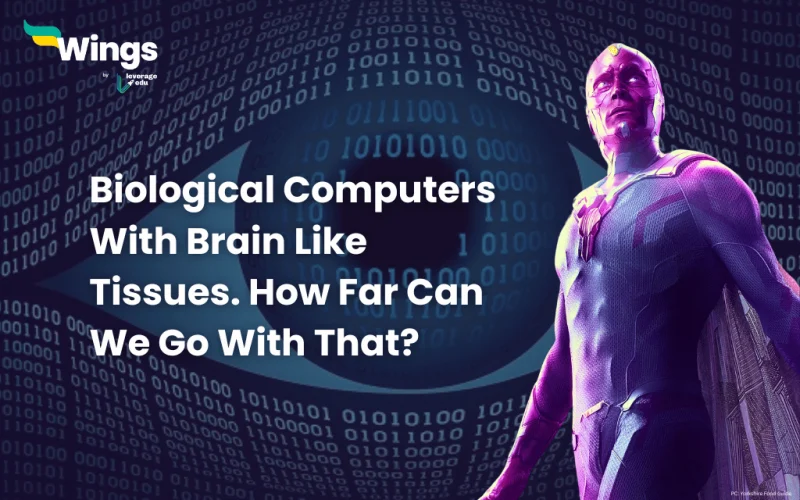Various researchers from Indiana University, Bloomington, USA, various universities in Florida and Cincinnati as well as Cincinnati Children’s Hospital Medical Centre have developed a Biocomputing system using brain-like tissues.
They have built a device they call the ‘Brainowave’ with the help of a little three-dimensional neural structure called the brain organoid. Moreover, what’s even more interesting is that this organ is developed from the human stem cells.
The purpose behind this ‘brain-like’ computer hardware is to mirror the structure, composition and fundamentals of working of the brain. This remarkable invention can help in overcoming the limitations of AI in the current scenario.
What is ‘Brainowave’?
The brainwave as mentioned earlier is a brain organoid. Scientists have developed this new-age computing system by combining stem cell tissues with electronic hardware. This will initially be a system for speech recognition and calculation systems but can transform into high-potential biological computers soon.
The farthest we can imagine the future of this device is where we get the image of ‘Vision’. The human synthezoid from the famous Marvel Cinematic Universe. Could this technology really reach that far is a matter that will be resolved in time with experiments and advancements.
Benefits of Using Human Brain-Like Cells
With the ‘Brainowave’, scientists are currently trying to build neuromorphic computing devices. These chip-based computers have memory and can also process information in the same unit. What’s new is that these chips will now be powered by brain cells.
This will increase the memorising capacity making these computers learn faster and be more efficient with energy compared to their silicon-based counterparts. The researchers working on the project also claimed that they could use these models for improving AI and subsequently in the field of medical science etc.
In the initial tests, the systems recognised some Japanese vowels and also predicted a mathematical map. It was also asked to distinguish between eight different languages out of 240 audio clips. After some updates, the system showed 78% accuracy.
Brainwave is going to be a game-changer in the field of technology and with fast developments in the world of technology and AI, we are yet to see great breakthroughs. If you want to read more such exciting information, make sure you follow Leverage Edu News Updates.


 One app for all your study abroad needs
One app for all your study abroad needs












 60,000+ students trusted us with their dreams. Take the first step today!
60,000+ students trusted us with their dreams. Take the first step today!